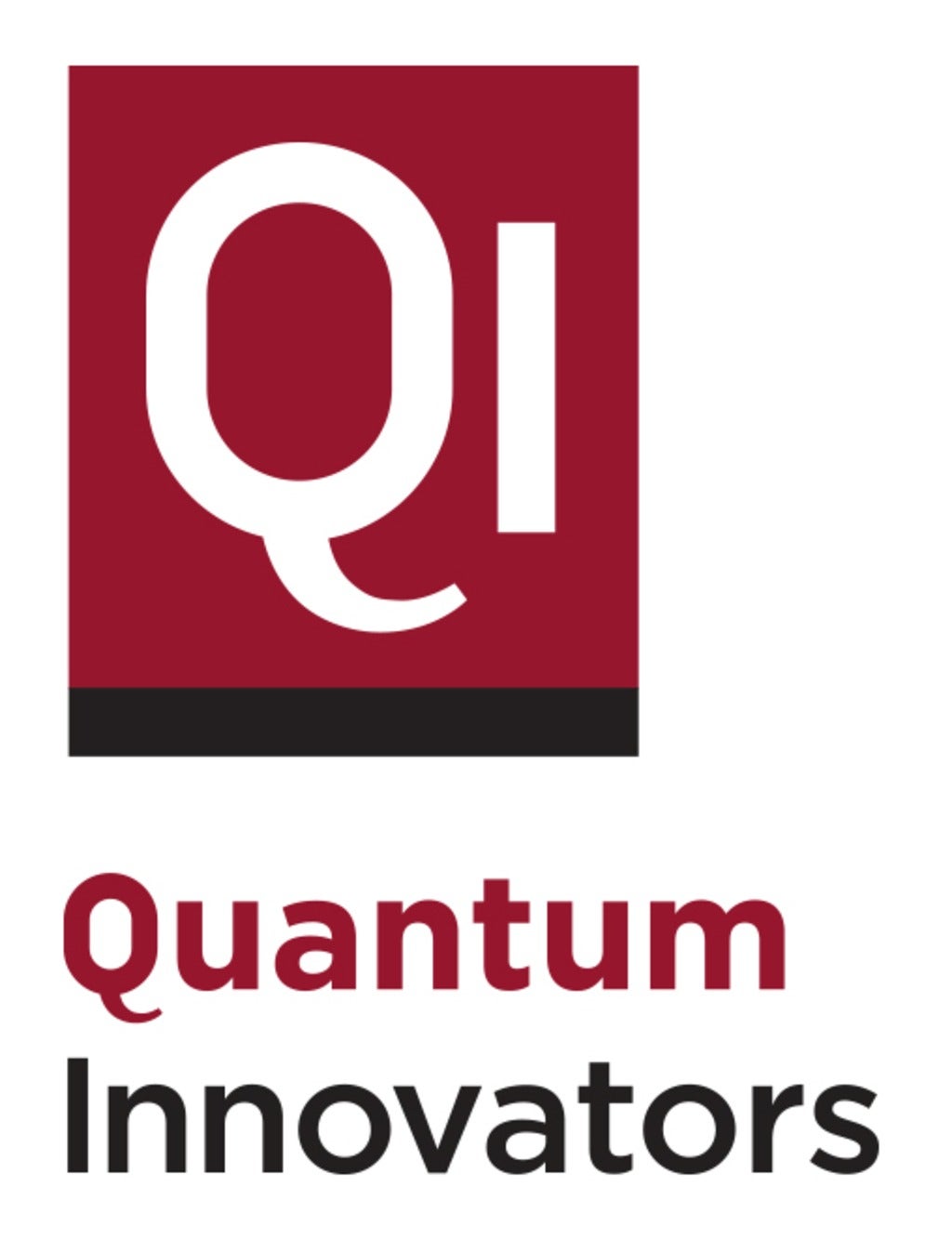Quantum Innovators in science and engineering
The Quantum Innovators in science and engineering workshop brings together the most promising young researchers in quantum physics and engineering. Guests are invited for a four-day conference aimed at exploring the frontier of our field.

